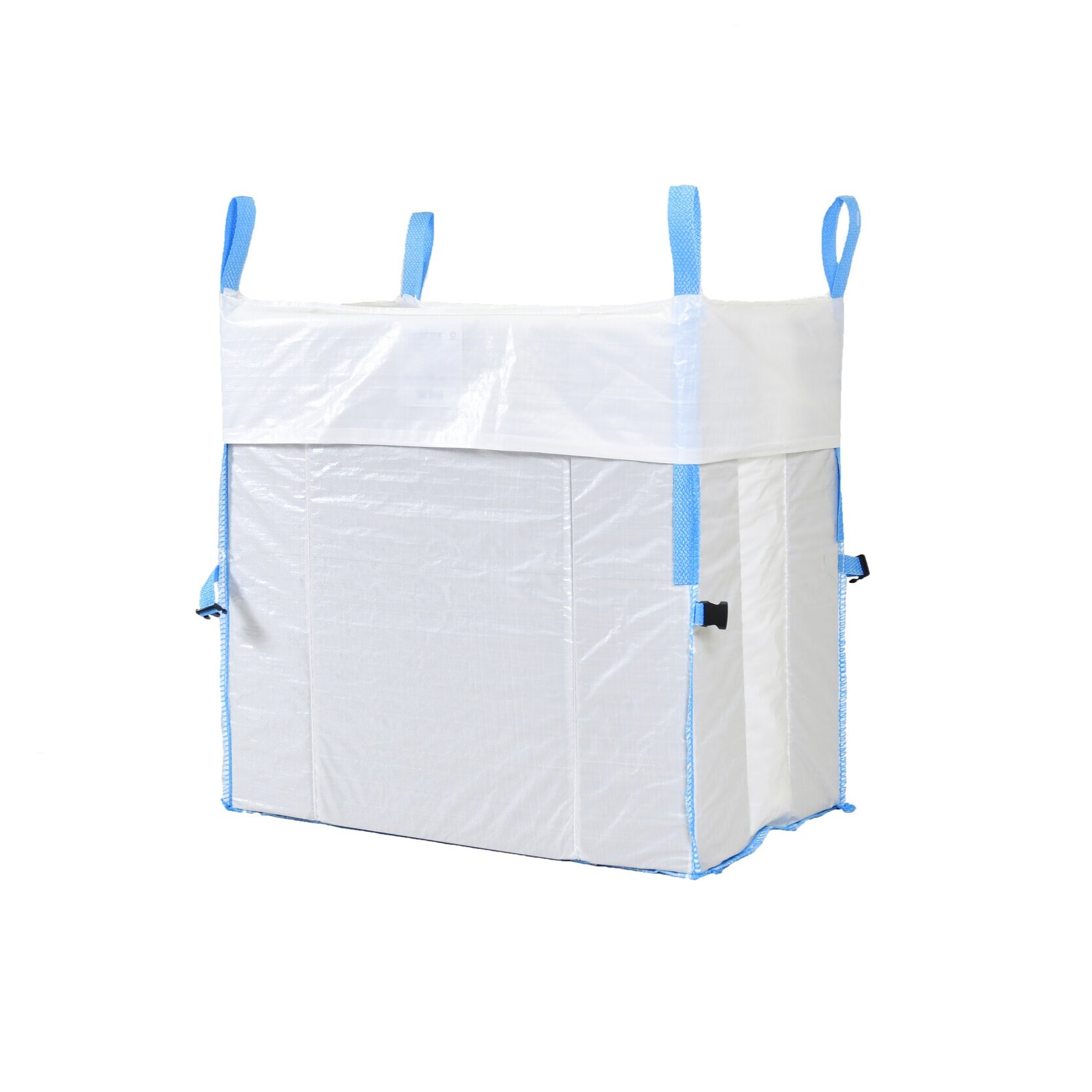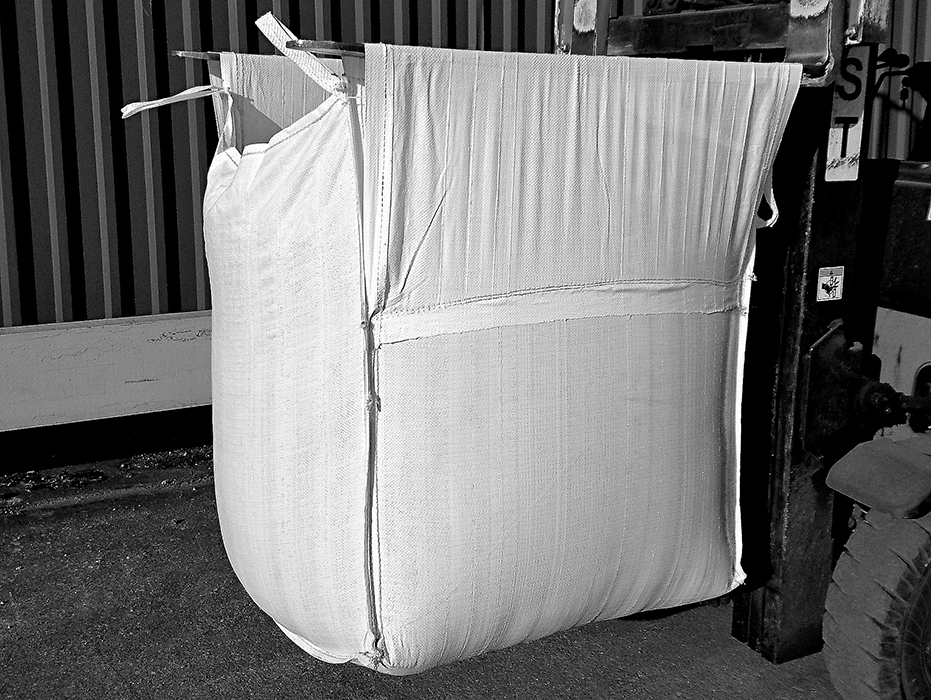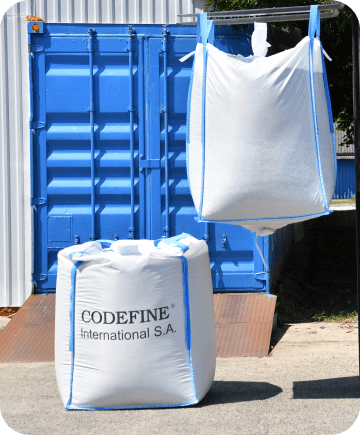Home » Posts Page » Blog » FIBC Bulk Bag Calculator

There’s a reason why FIBC bulk bags are a fundamental part of so many industries. Any sector that deals with bulk materials can yield significant cost savings by using bulk bags, with these heavy-duty flexible containers able to handle significant loads. However, choosing the right bag size can be difficult for new businesses or established enterprises looking to expand their operations.
The good news is that you can take the hard work of FIBC bag calculation with an FIBC calculator. These handy tools make calculating FIBC bag dimensions a breeze, ensuring you’re never with containers that aren’t fit for purpose.


Selecting the perfect bag dimensions is easy when you use an FIBC calculator. Although there might be some variation between calculators between different suppliers, most follow the same basic principle.
To start with, you’ll need to think about the materials you’re looking to store and transport in FIBCs. You’ll need to determine the overall volume of the product before you can choose a suitable bulk bag. To find the volume, simply divide the overall weight of your product by its bulk density. While an FIBC calculator will take care of the equation for you, you might not be familiar with individual bulk densities of common materials. To make life easier, it’s worth checking out the average densities of the materials you’re dealing with. There’s a lot of variation here, so don’t rely on guesswork. Once you have the right bulk density to value at hand, you can input it into an FIBC calculator along with the product weight to find the product volume in cubic feet.
Next, you can focus on the actual dimensions of your FIBC bags. Many suppliers offer basic square-shaped FIBCs with a base measuring 35 inches along each side. However, you’re free to go larger if these bulk bags are too small for your requirements. Before selecting a larger bag, consider the rest of your production line. If you’re currently using pallets, ensure bulk bag dimensions are compatible with them. Once you’ve decided on bulk bag dimensions, an FIBC calculator will provide you with a revised estimate of bulk bag capacity.
Having a clear idea of product weight and bulk density is all well and good, but you need to remember that FIBCs are designed to be flexible. We offer FIBC bags for all kinds of industries; everything from the agricultural industry, to the chemical industry and the construction industry. Once filled, a standard FIBC may bulge at the sides. This can cause a problem if you’re worried about warehouse capacity or transport logistics. In other words, you may not be able to store as many FIBC bags as you initially thought. An easy way to get around this is to invest in baffled FIBCs. Thanks to their internal baffles, these bags are more robust than their everyday counterparts. As well as being more durable, they have less of a footprint, making them ideal for smaller warehouse facilities.